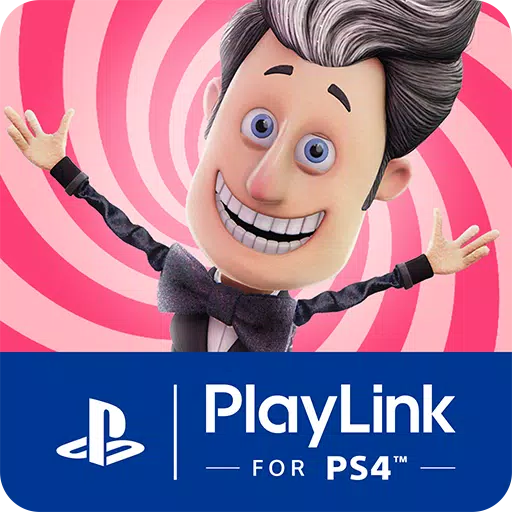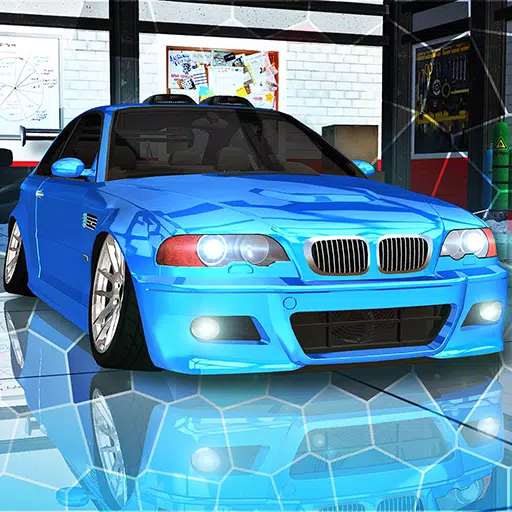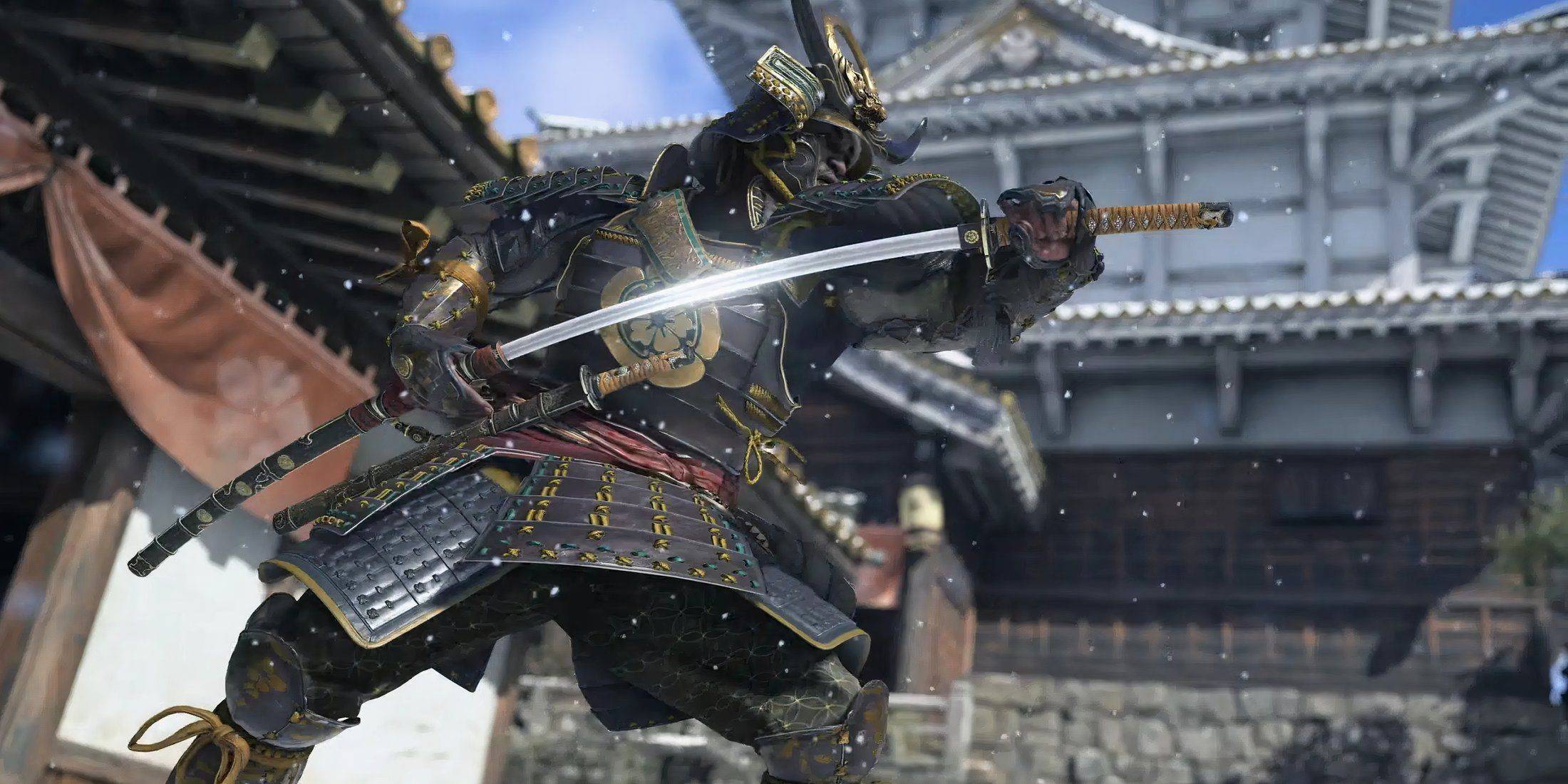With Monster Hunter Wilds shattering Steam records and Resident Evil reaching new heights of popularity thanks to Village and a series of stellar remakes, it seems as though Capcom is currently on an unstoppable winning streak. However, this wasn't always the case. Just a few years ago, after a series of critical and commercial flops, Capcom was struggling to maintain its reputation and connect with its audience.
Capcom faced a significant identity crisis. The Resident Evil series, which had pioneered the survival horror genre, had lost its edge following Resident Evil 4. Similarly, Street Fighter, another flagship franchise, was faltering after the disappointing reception of Street Fighter 5. These setbacks threatened to end Capcom's legacy.
Yet, amidst these challenges, Capcom found a path forward. A strategic overhaul in game development, bolstered by the introduction of a powerful new game engine, revitalized their key franchises. This transformation sparked a period of critical and financial success that has propelled Capcom back into the gaming industry's forefront.
Resident Evil Lost Its Way
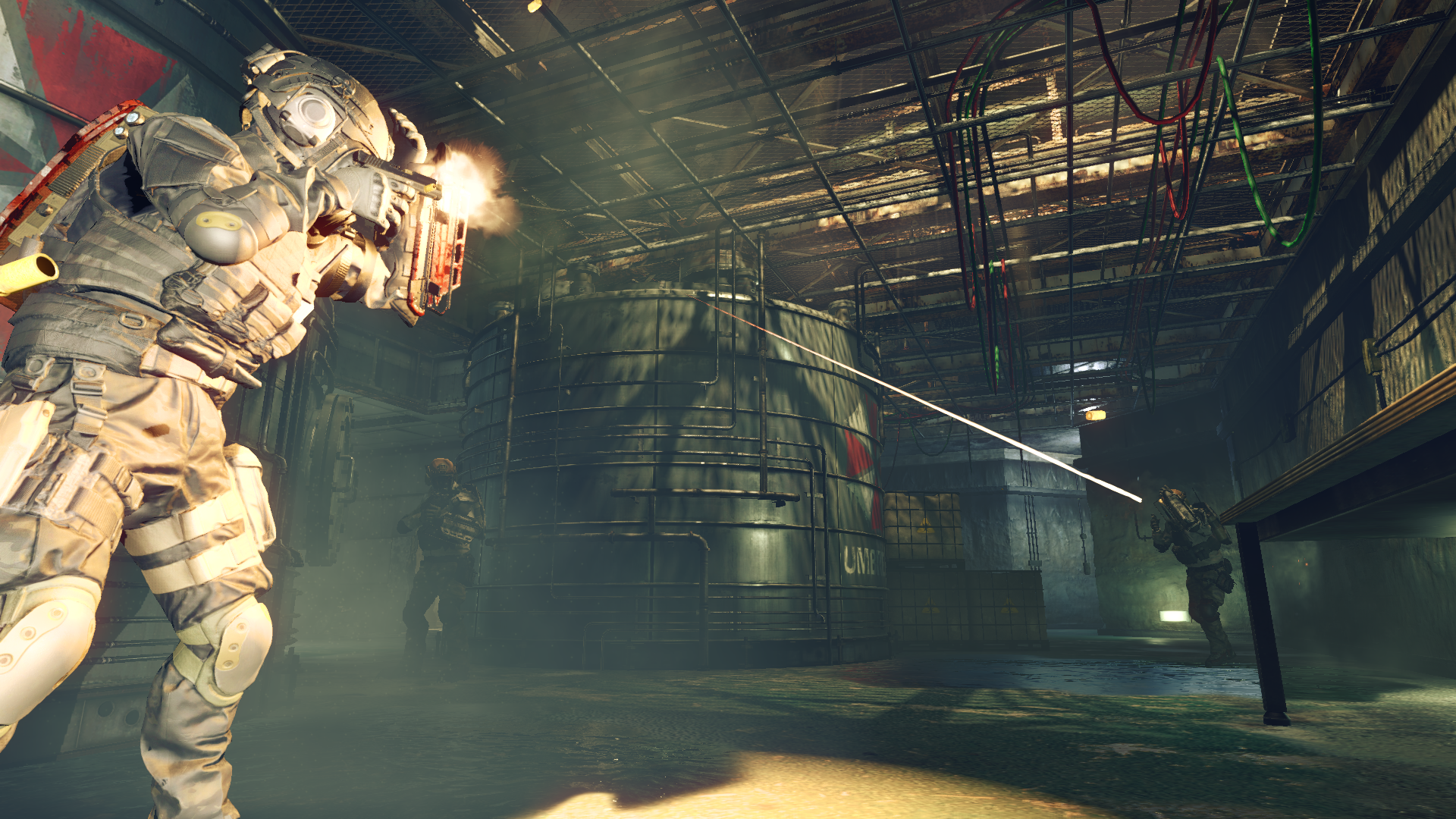 Resident Evil 6 marked a low point for the mainline series. Credit: Capcom
Resident Evil 6 marked a low point for the mainline series. Credit: Capcom
2016 was a challenging year for Capcom. The release of Umbrella Corps, an online co-op shooter, was met with harsh criticism from both reviewers and fans. Similarly, Street Fighter 5 received lukewarm responses from fans who were expecting more from the sequel to the acclaimed Street Fighter 4. Even Dead Rising 4, which brought back the beloved character Frank West, failed to reignite interest in the series.
This marked a low point for Capcom, following a string of underwhelming years since 2010. The mainline Resident Evil games were seeing declining critical reception despite strong sales. Street Fighter was struggling, and other core franchises like Devil May Cry were absent from the scene. Meanwhile, Monster Hunter, although extremely popular in Japan, was finding it difficult to gain traction in international markets.
"Many of us started feeling that what the fans and players wanted from the series was getting a little bit separate from what we were making."
This sentiment was a far cry from the Capcom we know today. Since 2017, Capcom has been on an impressive run, releasing a series of hit games from its iconic franchises, including Monster Hunter World, Devil May Cry 5, Street Fighter 6, and several critically acclaimed remakes and a soft reboot of Resident Evil. This recent success seems to indicate that Capcom has found a winning formula.
To achieve this turnaround, Capcom had to rethink its entire approach, from targeting different types of players to adopting new technology. IGN spoke with four of Capcom's leading creatives to understand how this once-struggling company managed to recover and thrive.
Founded in 1979 as a manufacturer of electronic game machines, Capcom rose to prominence in the 80s and 90s with 2D classics like Street Fighter and Mega Man. The company successfully transitioned to 3D with Resident Evil, and from 2000 to 2010, Capcom modernized many of its iconic franchises, culminating in the creation of one of the greatest games of all time, Resident Evil 4.
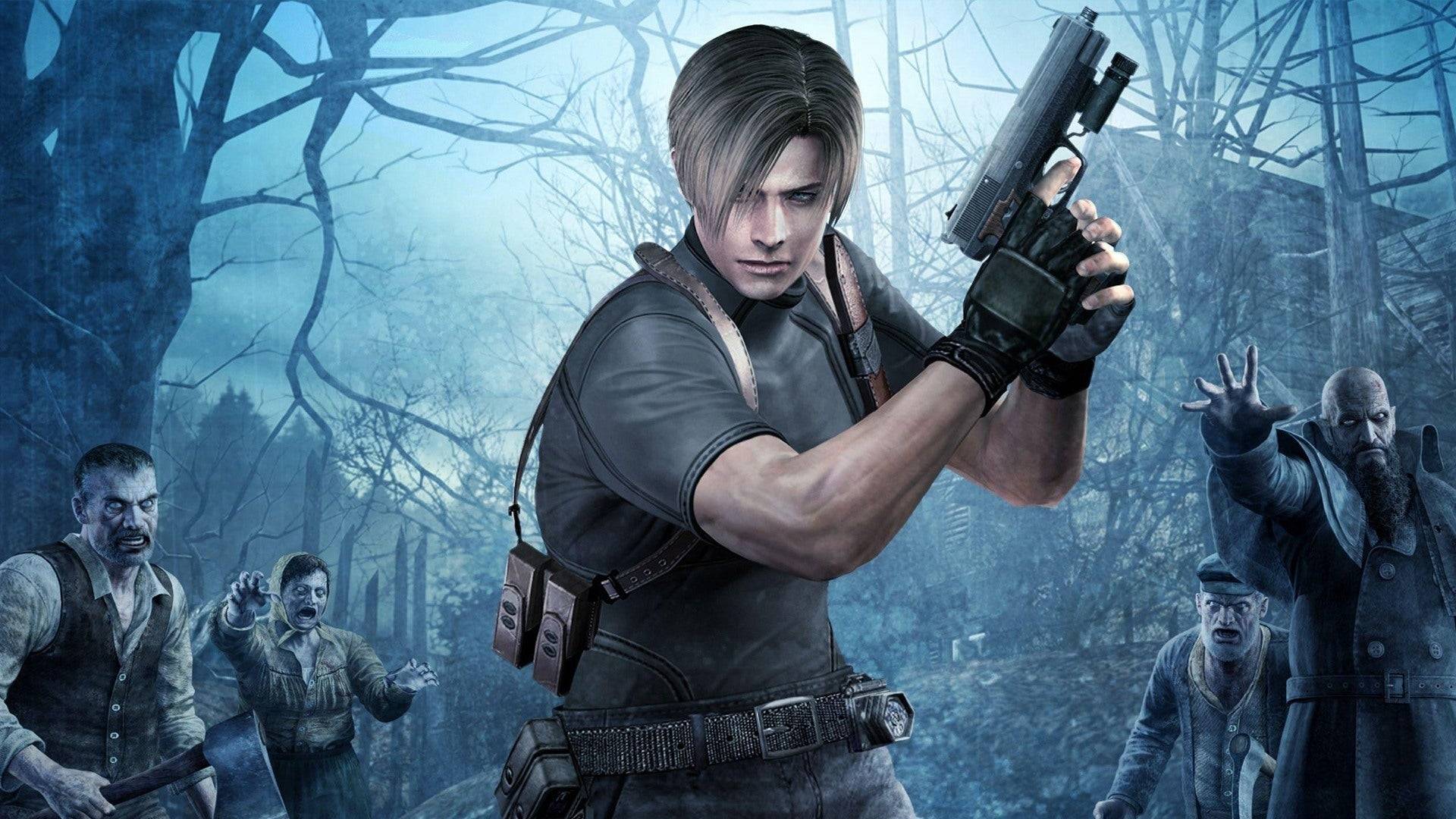 Resident Evil 4 is often considered one of the best in the series. Credit: Capcom
Resident Evil 4 is often considered one of the best in the series. Credit: Capcom
Resident Evil 4, released in 2005, is widely regarded as a masterpiece due to its unique blend of horror and action. However, this balance was lost in subsequent games. Resident Evil 5 featured action-packed sequences that strayed from the series' horror roots, leading to a loss of identity that was evident to both players and developers like Resident Evil 4 remake director Yasuhiro Ampo.
"Overall throughout the Resident Evil series, we set up different goals, challenges, and things we want to try with each game… But this time, many of us started feeling that what the fans and players wanted from the series was getting a little bit separate from what we were making."
The confusion in direction resulted in games like Resident Evil 6, which tried to cater to both action and horror fans but ultimately satisfied neither. Fans expressed their disappointment online, and Capcom continued to experiment with spinoffs that ventured into new territory like online co-op.
The struggles weren't limited to Resident Evil. Following the success of Street Fighter 4, the sequel, Street Fighter 5, was criticized for its lack of content and poor online functionality. Other key franchises like Devil May Cry were also struggling, with DmC: Devil May Cry receiving a mixed response despite becoming a cult favorite.
Capcom's efforts to appeal to Western markets with games like Lost Planet and Asura’s Wrath also fell short. There were some bright spots, such as Dragon’s Dogma, but overall, the company's direction was unfocused.
Street Fighter 5, The Lost Cause
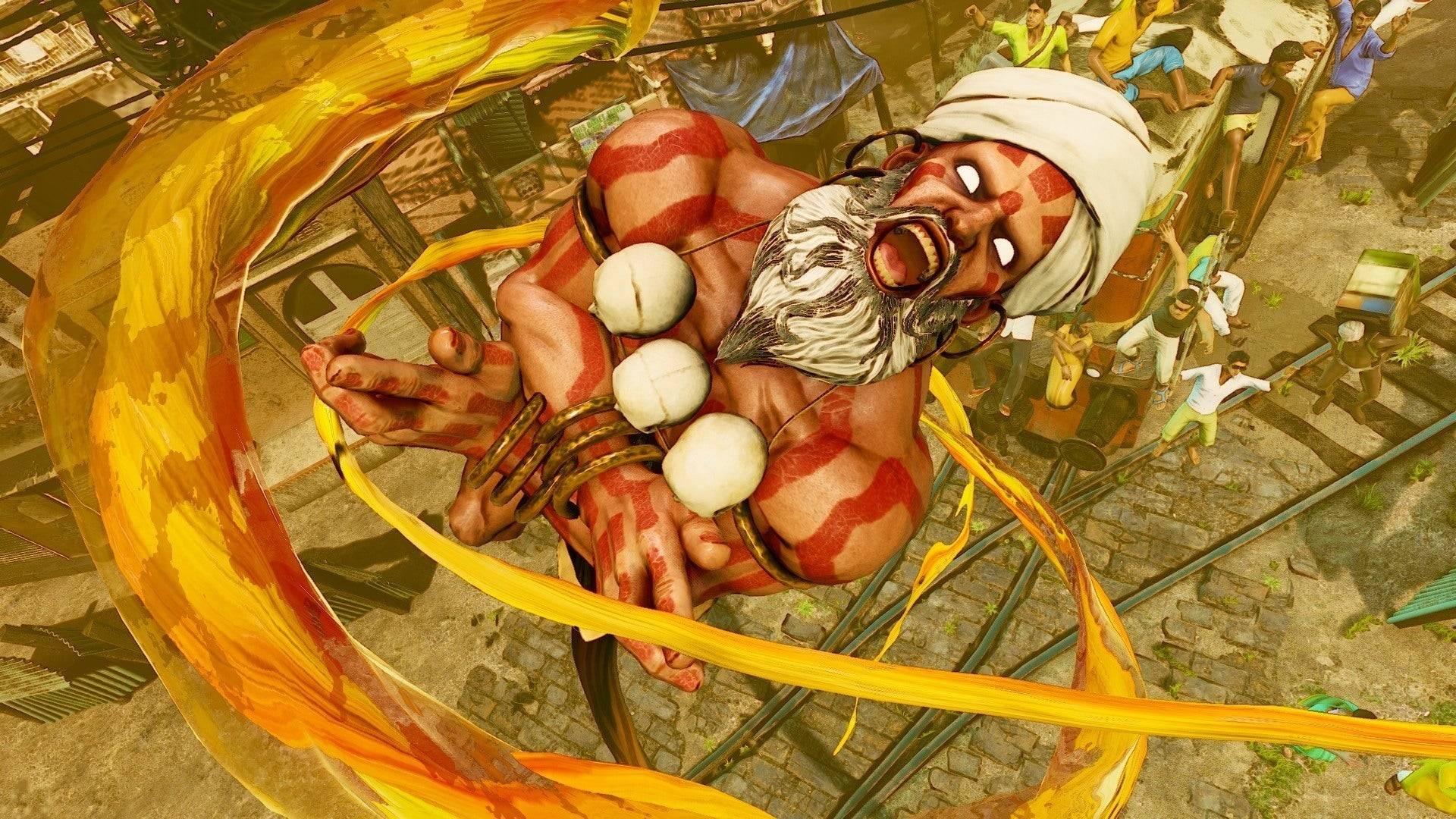 Street Fighter 5 was a disappointment. Credit: Capcom
Street Fighter 5 was a disappointment. Credit: Capcom
By the mid-2010s, Capcom began implementing changes that would ultimately transform its fortunes. The first step was addressing the issues with Street Fighter 5. Directors Takayuki Nakayama and producer Shuhei Matsumoto were tasked with stabilizing the game.
"There definitely were some challenges within the production of the game, and that was part of the reason why I was brought into the team."
Despite the constraints they faced, Nakayama and Matsumoto worked on fixing the most pressing issues and laying the groundwork for Street Fighter 6.
"We just didn’t really have enough time to address some of the problems and challenges we faced in Street Fighter V."
Nakayama and Matsumoto treated Street Fighter 5 as a testing ground for new ideas, which eventually informed the development of Street Fighter 6. This approach allowed them to improve the game's netcode, balance characters, and introduce new mechanics like V-Shift, which were tested before being incorporated into the sequel.
The ultimate goal was to rediscover the fun in fighting games, as Street Fighter 5 had become frustrating for many players.
"We both realized that fighting games are fun, and when you get used to them, it becomes more enjoyable and something you can essentially play forever as long as you have an opponent to play against."
Street Fighter 6 was designed to be more approachable for new players while maintaining the elements that longtime fans loved, resulting in one of the most critically acclaimed entries in the franchise.
Monster Hunter Took Over The World
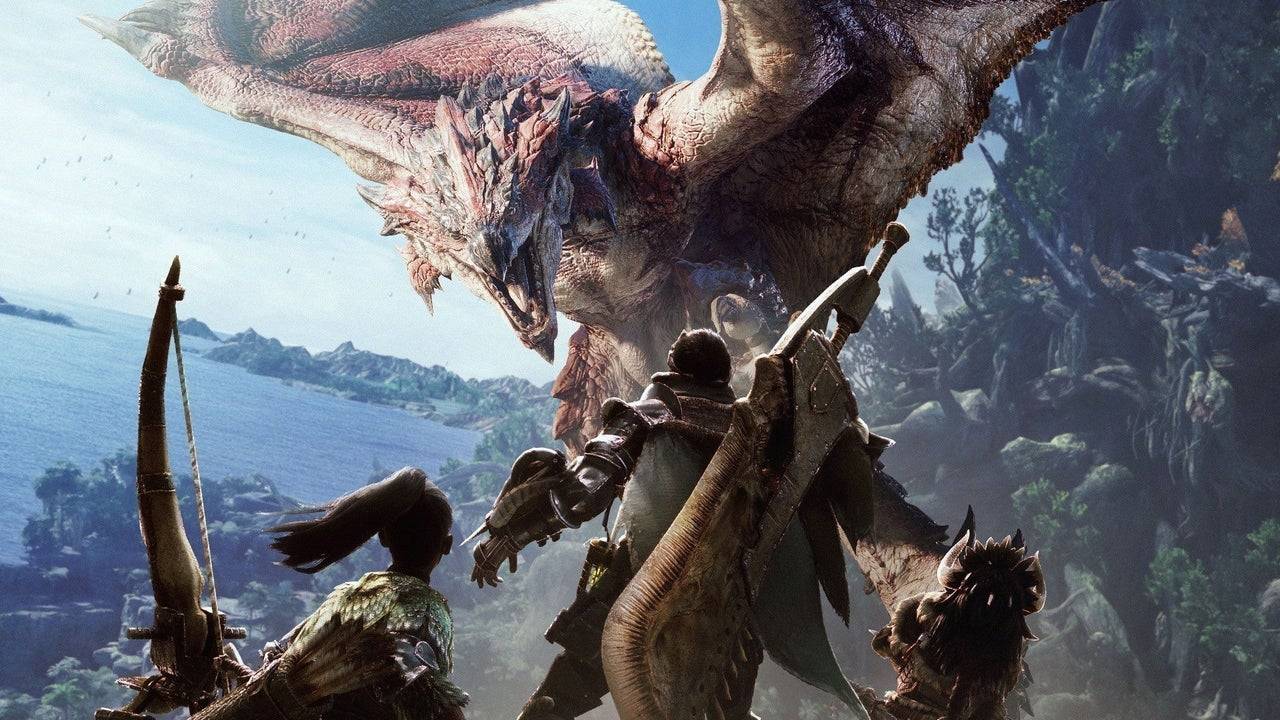 Monster Hunter's revolution began. Credit: Capcom
Monster Hunter's revolution began. Credit: Capcom
Around the time of Street Fighter 5's launch, Capcom underwent an internal reorganization to prepare for a new generation of games powered by the RE Engine, a significant upgrade from the MT Framework. This change was not just about technology; it was also about creating games for a global audience.
"It was a few factors that came together. The change of the engine and also all teams were given a very clear goal at that point to make games that reach the global market."
Capcom's focus during the PS3 and Xbox 360 era had been on capturing the Western market, but games like Umbrella Corps and Lost Planet did not meet expectations. The company realized it needed to appeal to a broader, global audience.
"I think that we had that clear goal of just focusing and not holding anything back towards making good games that would reach people from all over the world."
The pivotal year was 2017, with the release of Resident Evil 7, which marked the beginning of Capcom's resurgence. No series better embodied this new global focus than Monster Hunter. While popular in the West, Monster Hunter was predominantly successful in Japan due to the popularity of handheld gaming.
"20 years ago in Japan, having a network connection wasn't as easy, and there weren’t a huge amount of people playing Monster Hunter online."
The series' success on the PSP with Monster Hunter Freedom Unite was due to the ease of multiplayer gaming without internet access, which was more prevalent in Japan. However, this focus on Japan inadvertently limited Monster Hunter's global appeal.
With improved internet infrastructure in the West and a shift towards online gaming, Capcom saw an opportunity to launch Monster Hunter: World in 2018 on PlayStation 4, Xbox One, and PC. This game was designed to be accessible worldwide, with simultaneous global release and no region-exclusive content.
"Our approach to the globalization of the series and Monster Hunter in general really ties into not only the themes that we had going into designing the game, but also in the name of the game."
Focus tests were conducted globally, leading to changes that broadened the game's appeal, such as showing damage numbers during combat. These adjustments helped Monster Hunter: World and its follow-up, Monster Hunter Rise, achieve unprecedented sales of over 20 million copies each.
"The fact that we called it Monster Hunter: World is really kind of a nod to the fact that we wanted to appeal to this worldwide audience."
The success of Monster Hunter: World and Rise was not accidental. The team focused on making the series more accessible to new players while retaining its core essence, a strategy that continues with Monster Hunter Wilds.
"At its heart, Monster Hunter really is an action game, and that sense of accomplishment you get from really mastering that action is an important aspect of Monster Hunter."
Resident Evil 7 Began Turning Things Around
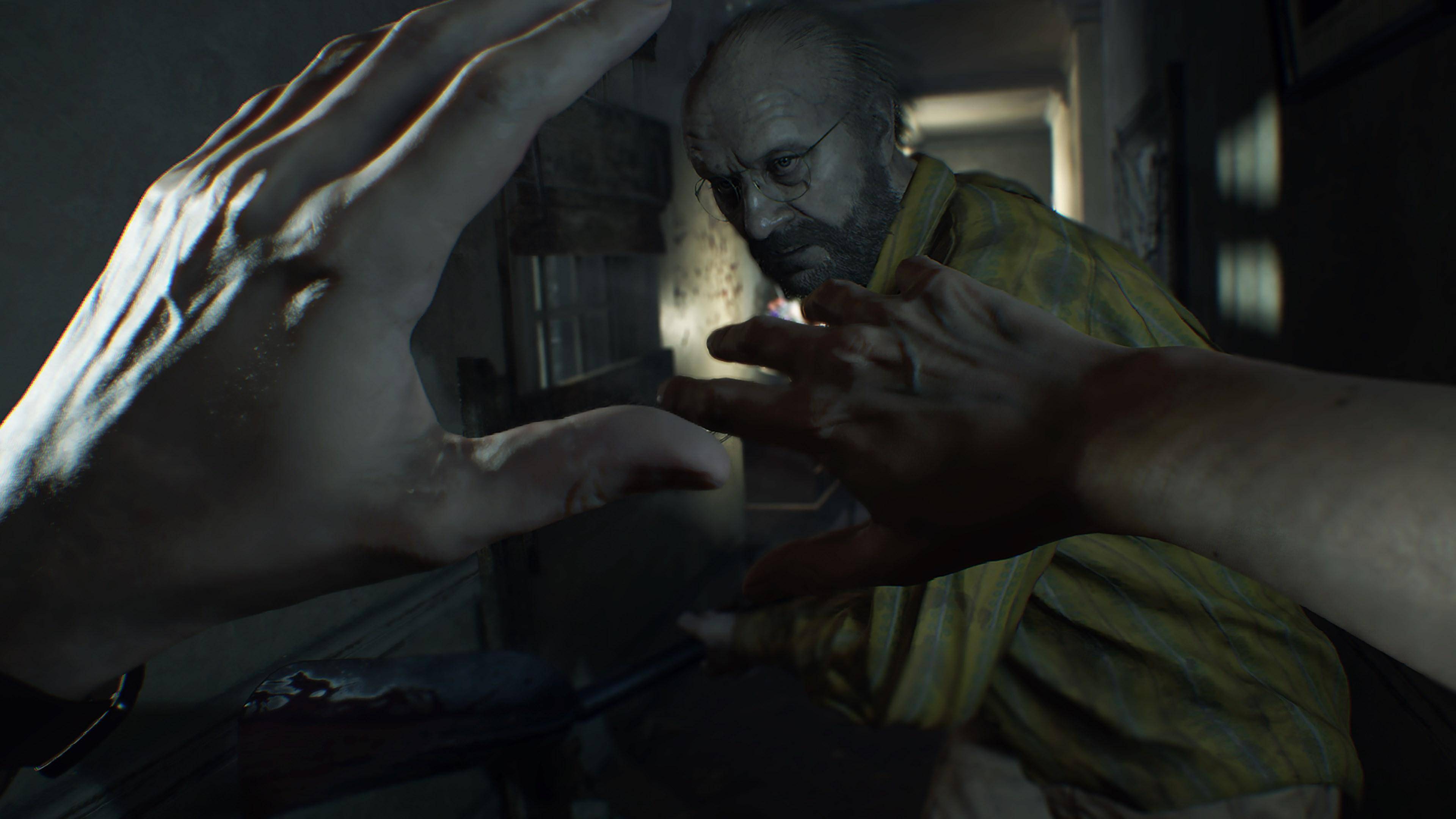 Welcome to the family. Credit: Capcom
Welcome to the family. Credit: Capcom
While Monster Hunter had a winning formula, Resident Evil faced a different challenge. The series had to decide whether to focus on gory action or survival horror. Executive producer Jun Takeuchi made the pivotal decision to return to the series' survival horror roots.
"It was around the time I was working on Resident Evil Revelations 1 and 2. I was trying to test different things, try different approaches."
Resident Evil 7 was announced at PlayStation’s E3 2016 conference with a first-person perspective, a bold move that reignited the series' horror elements.
"We cannot underestimate how critical it is for the series for it to be scary."
The shift to first-person allowed Resident Evil 7 to recapture the fear factor, becoming one of the scariest games in the series. While Resident Evil 7 and 8 would remain in first-person, Capcom also planned to release third-person games through remakes, starting with Resident Evil 2.
"It was like, 'all right people really want this to happen.' So producer [Yoshiaki] Hirabayashi came up with the slogan: 'Well, we’ll do it.'"
The Resident Evil 2 remake was a critical and commercial success, blending horror with action and puzzles, and introducing the menacing Mr. X. Following this success, Capcom tackled Resident Evil 3 and eventually Resident Evil 4, despite initial hesitation due to the latter's enduring popularity.
"Resident Evil 4 is a game that is so beloved. If we get anything wrong with the remake, people might be quite vocal about their discomfort."
The Resident Evil 4 remake refined the balance between action and horror, removing some of the original's campier elements and adopting a darker tone.
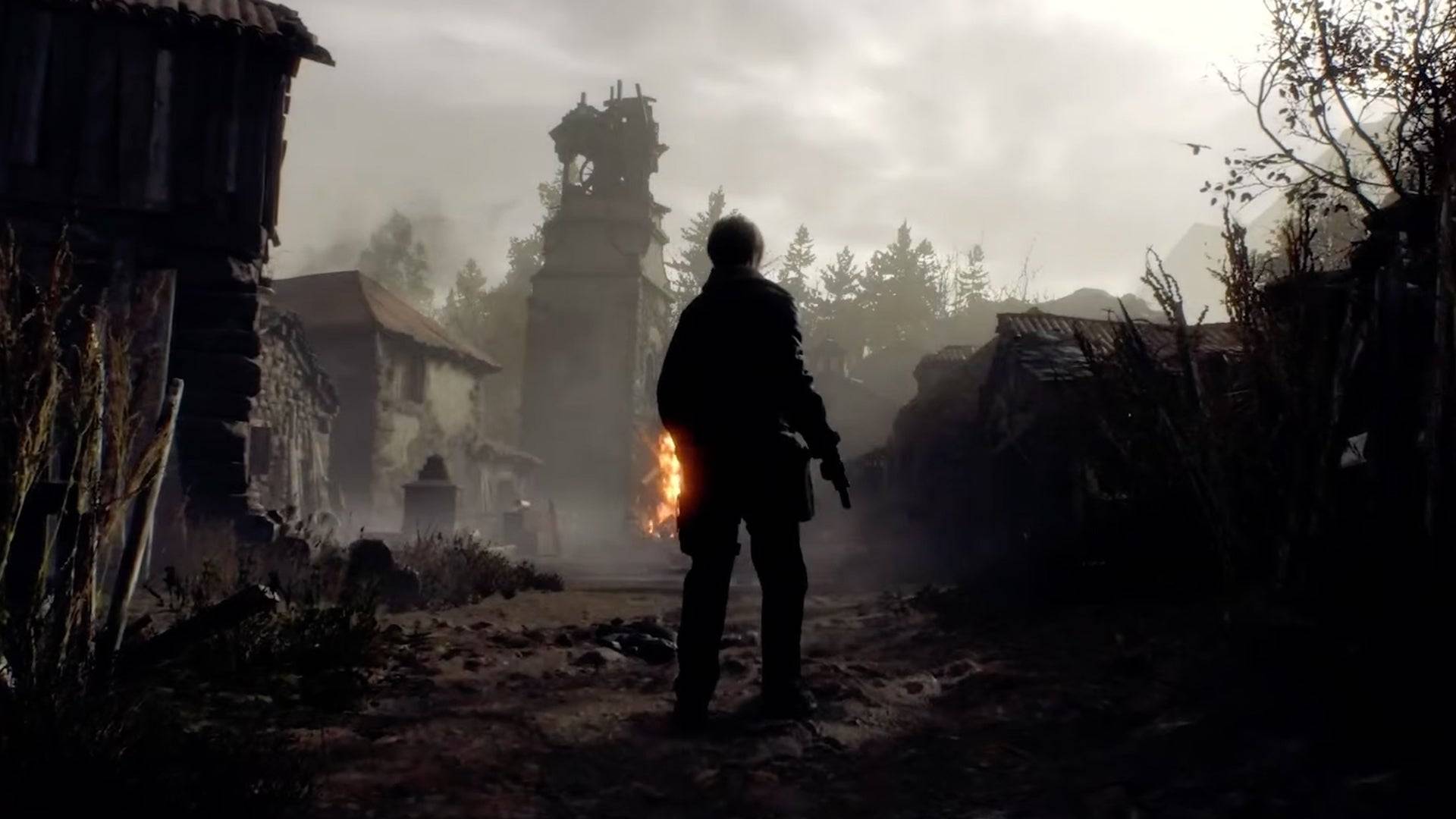 Horror reborn. Credit: Capcom
Horror reborn. Credit: Capcom
Simultaneously, Devil May Cry director Hideaki Itsuno returned to the series after a decade, determined to challenge the softening trend in action games.
"I felt like the main trend with action games was to make action games that were very kind."
With the new RE Engine, Itsuno aimed to create the coolest action game possible, leveraging the engine's photorealistic capabilities and rapid development tools.
"Ever since I took over the series from Devil May Cry 3, I put everything that I, as a person, I considered throughout my life to be cool."
The Reason Behind The Change
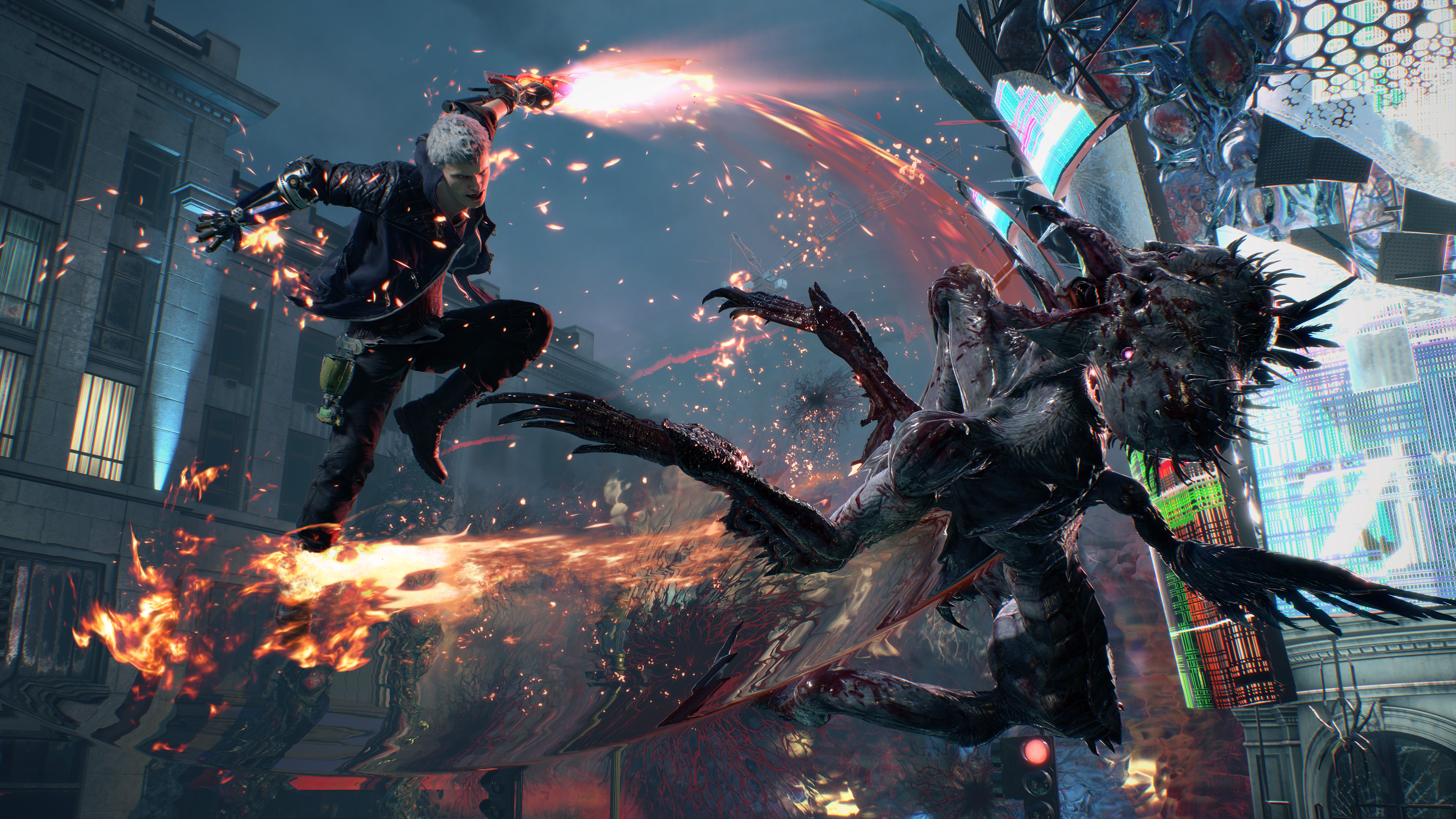 Make the coolest game ever. Credit: Capcom
Make the coolest game ever. Credit: Capcom
The RE Engine, designed to be less stressful and quicker to develop with, allowed Capcom's teams to experiment and iterate rapidly. This flexibility was crucial for Itsuno's vision of creating a stylish and engaging action game.
"Devil May Cry is a franchise that stands on being cool. That’s what the franchise is, it’s about being cool."
A New Capcom Golden Age
Since 2017, Capcom has consistently released critically acclaimed games, a testament to their strategic shift and focus on global appeal. This winning streak, powered by the RE Engine, has allowed Capcom to excel across various genres without losing the essence of their franchises.
"Capcom is going through a golden era, and, well, now we have to do everything we can so that this lasts one more year, one more year, and every year, one more year."
Capcom's success has not diluted their games but rather expanded their reach to millions of new players while staying true to their core identities. As other studios struggle to find their footing, Capcom's recent achievements signal a new golden age that shows no signs of slowing down.
"It’s a very exciting time to be at Capcom right now. A lot of us are able to get excited about what we’re working on and are able to focus on things that we think are fun. So, yes, I guess a golden age may be one interpretation of that."
 Home
Home  Navigation
Navigation






 Latest Articles
Latest Articles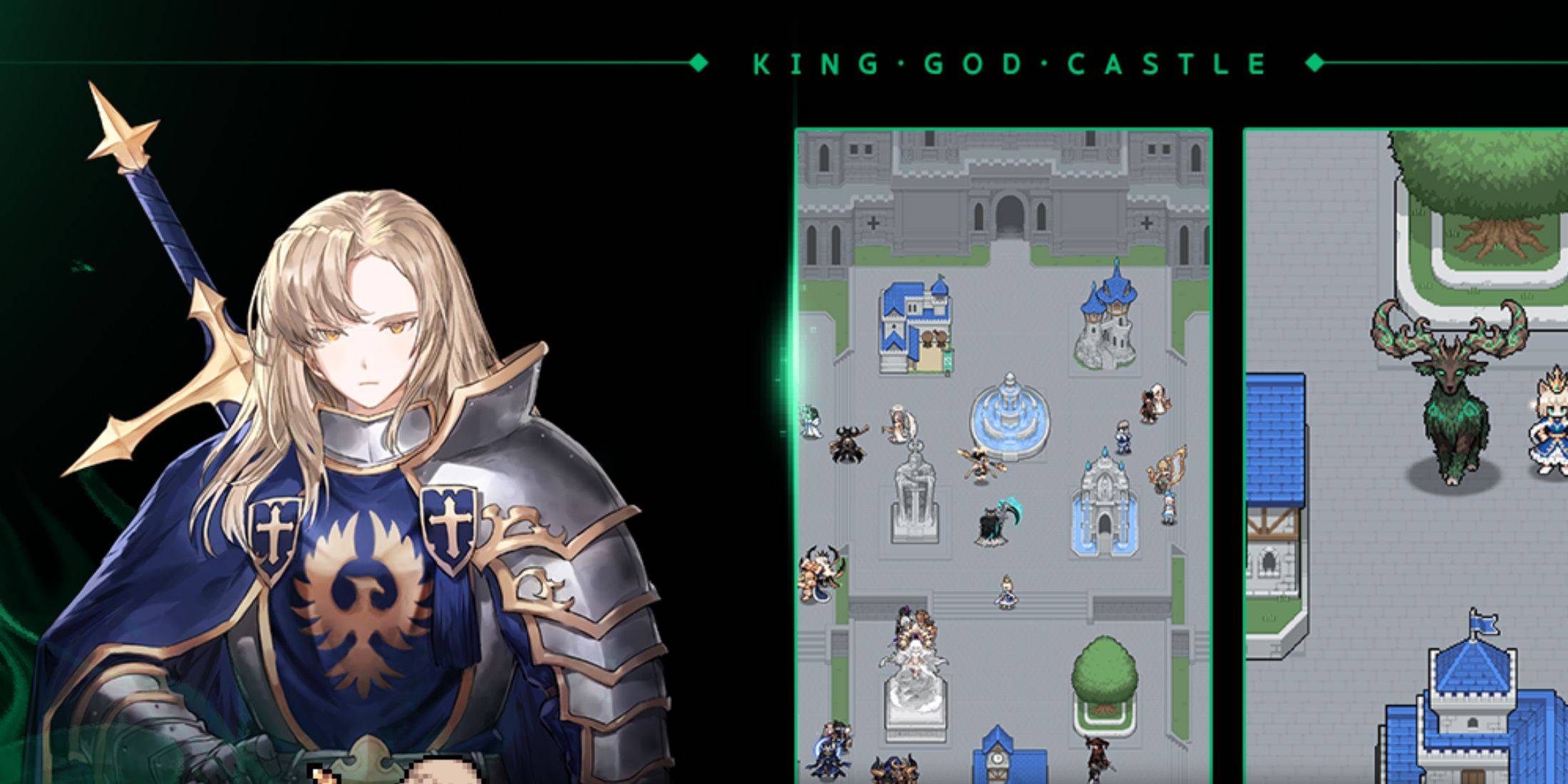
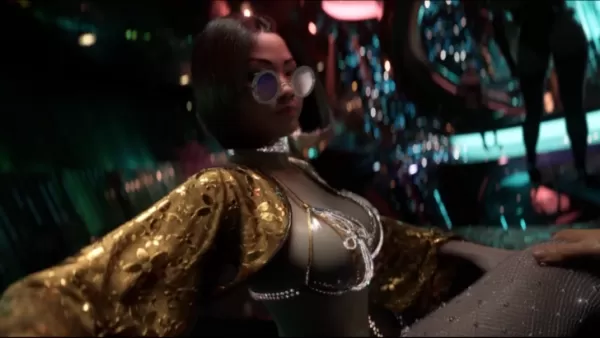
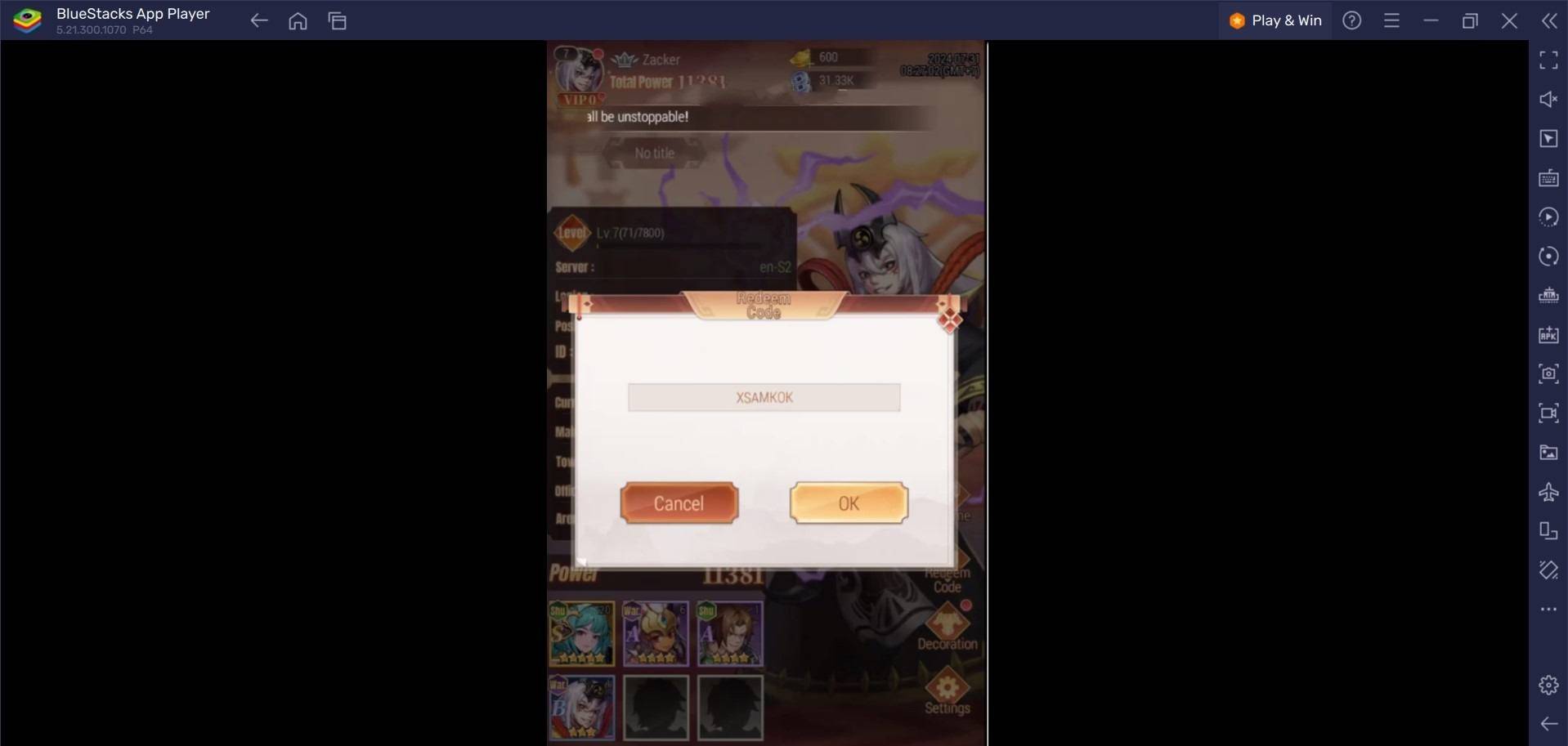




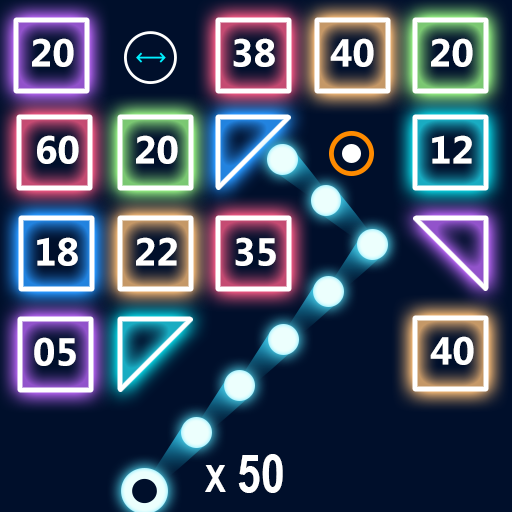
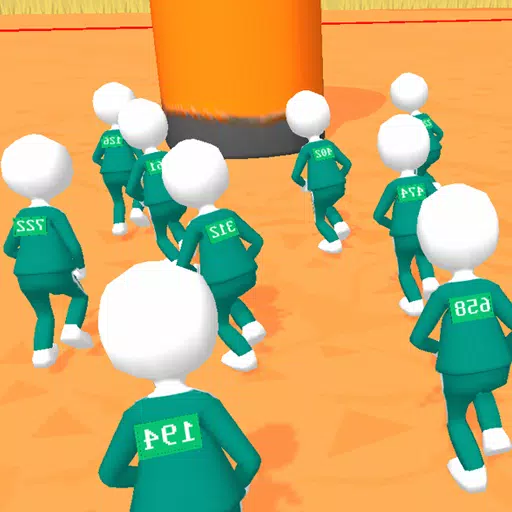
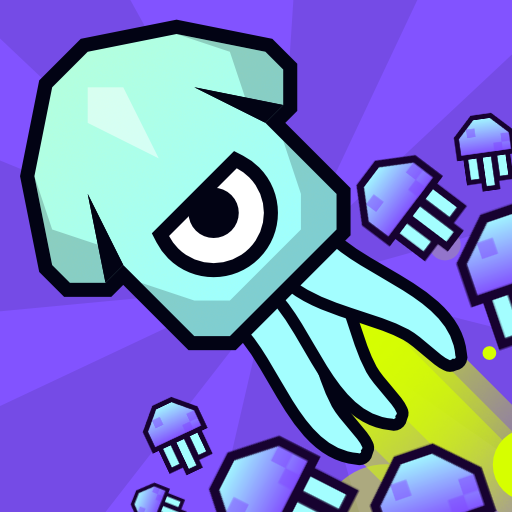

 Latest Games
Latest Games


